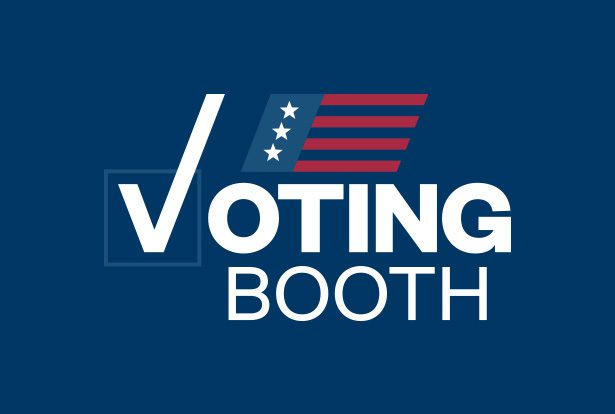The conservative majority’s opinion permits some racial discrimination in voting.
By Steven Rosenfeld
In recent decades, voting rights progress has consisted of expanding access to a ballot and the ways to cast it—such as online registration, voting from home with mailed-out ballots and other options to vote before Election Day. Those innovations have been widely embraced, especially during the 2020 election in response to health concerns during a pandemic. In the general election, 56 million people voted in a different manner than they had in 2016.
But the Supreme Court’s latest major decision on the Voting Rights Act of 1965 has imposed new standards that election law scholars say are hostile to the more expansive and convenient voting options that have surfaced in recent years. Even more troubling, the court’s conservative majority has done so in a way that is reminiscent of the arguments put forth by last century’s opponents of equal voting opportunities for racial minorities.
In Brnovich v. Democratic National Committee, the court eviscerated the strongest remaining section of the Voting Rights Act of 1965 (VRA), Section 2, which held that election laws and voting rules that had a racially discriminatory impact could be blocked. (In 2013, the court, in Shelby v. Holder, neutered the VRA’s sections that allowed federal authorities to block regressive new election laws or voting rules in jurisdictions with histories of discrimination.) Perhaps most alarmingly in Brnovich, Justice Samuel Alito’s majority opinion resurrected a legal strategy embraced by the opponents of last century’s major civil rights reforms.
Brnovich held that some discriminatory impacts of an election law do not alone invalidate that law. That standard, put forth in “guideposts” laid out by Alito, means that suits challenging laws and rules that make voting harder must go beyond showing a discriminatory result. Those challenging a law must prove that its authors intended to discriminate—making it much harder to sue and win. Shifting the burden of proof from the result or effect of a law to its authors’ intent was a tactic of 1970s anti-civil rights litigants.
Read the rest at National Memo.
Steven Rosenfeld is the editor and chief correspondent of Voting Booth, a project of the Independent Media Institute. He has reported for National Public Radio, Marketplace, and Christian Science Monitor Radio, as well as a wide range of progressive publications including Salon, AlterNet, the American Prospect, and many others.

